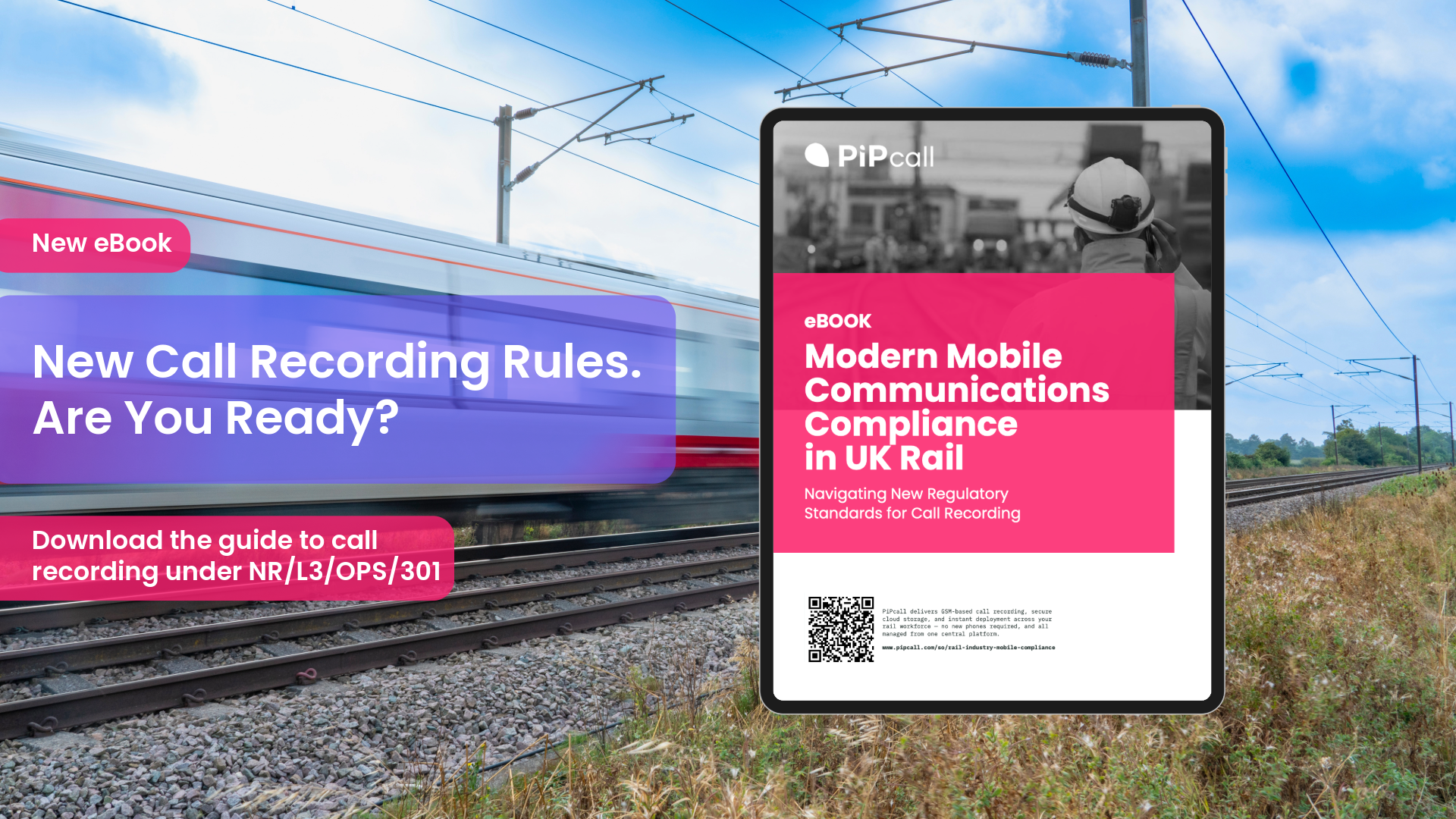In today's connected world, IoT (Internet of Things) devices have become a critical part of many business operations, providing real-time data, automation, and insights. However, the effectiveness of IoT solutions is heavily dependent on reliable and consistent connectivity. For businesses operating in the UK, where network coverage can vary across regions, multi-network SIMs provide a robust solution for ensuring seamless communication. This article explores the benefits of multi-network SIMs for IoT devices, how they improve coverage and reliability, and a comparison between single-network and multi-network SIM options.
Benefits of Multi-Network SIMs for Businesses with IoT Devices
Reliable Connectivity for Critical Applications
Multi-network SIMs offer businesses the ability to connect IoT devices to multiple networks, ensuring that devices automatically switch to the strongest available signal. This is particularly useful for IoT devices in remote or rural areas, where a single network provider may not offer reliable coverage. For example, businesses using asset trackers, environmental sensors, or smart meters can avoid connectivity disruptions by relying on multi-network solutions. PiPcall’s business solutions provide this flexibility, allowing businesses to maintain consistent communication even in areas with variable network coverage.
Streamlined Fleet Management
Businesses managing large fleets of IoT devices face the challenge of maintaining reliable connectivity across different locations. Multi-network SIMs allow companies to manage their IoT devices more efficiently by reducing the need to deploy different SIMs based on region-specific coverage. Instead, these SIMs automatically connect to the most reliable network, offering continuous service and simplifying device management. This approach is particularly beneficial for companies in industries such as logistics, energy, and healthcare, where IoT devices are often deployed across vast geographic areas.
Enhanced Operational Efficiency
By ensuring consistent connectivity, multi-network SIMs improve the operational efficiency of IoT devices. Downtime is reduced, and businesses can maintain constant communication with their devices, leading to better data collection and faster response times. In industries like agriculture or manufacturing, where IoT devices are used to monitor conditions or control processes, the continuous connection provided by multi-network SIMs ensures smooth operations and enhances productivity.
How Multi-Network SIMs Improve Reliability and Coverage for IoT
Reducing Downtime and Disruptions
One of the main advantages of multi-network SIMs is their ability to reduce downtime by automatically switching to the network with the best signal. IoT devices require reliable connectivity to function effectively, whether they are transmitting data or controlling automated processes. With multi-network SIMs, businesses can ensure that their devices stay connected, reducing the risk of downtime caused by poor signal strength or network outages.
Expanding Coverage in Rural and Remote Areas
In the UK, many IoT devices are deployed in rural or remote areas where single-network coverage can be inconsistent. Multi-network SIMs provide better coverage by enabling IoT devices to connect to multiple networks, ensuring that the best available signal is always used. This is particularly useful in sectors like agriculture, where IoT devices such as soil sensors or livestock trackers are often located in areas with patchy coverage from a single network provider.
Ensuring Reliable Data Transmission
For businesses relying on IoT devices for real-time data collection, reliable connectivity is essential. Multi-network SIMs enable uninterrupted data transmission by preventing connectivity issues related to network failures. Businesses can ensure that their IoT devices consistently send and receive data, improving operational decision-making and response times.
Comparing Single-Network vs Multi-Network Business SIM Solutions
Limitations of Single-Network SIMs
Single-network SIMs tie IoT devices to a specific network provider, which can present challenges for businesses that operate across different regions. If the chosen network provider does not have strong coverage in a particular area, IoT devices may experience connectivity issues, resulting in service disruptions. This limitation can impact the overall performance of IoT devices, making it difficult for businesses to maintain seamless operations.
Flexibility and Reliability of Multi-Network SIMs
Multi-network SIM solutions provide greater flexibility and reliability by allowing IoT devices to connect to multiple networks. This ensures that devices can always find the strongest available signal, reducing the likelihood of connectivity disruptions. For businesses with IoT devices operating across the UK, multi-network SIMs offer a reliable solution that adapts to varying network strengths across regions. As PiPcall’s flexible business SIM plans demonstrate, these solutions can grow with the business, providing robust support from the startup phase to full enterprise deployment.
Cost Considerations for Businesses
While multi-network SIMs may have a higher upfront cost compared to single-network options, the long-term benefits in terms of reliability, reduced downtime, and improved operational efficiency can outweigh the initial investment. For businesses with critical IoT applications, ensuring constant connectivity is often more cost-effective in the long run. Multi-network SIMs provide a safeguard against the costly consequences of network failure or poor signal strength.
Conclusion: Future-Proofing IoT Connectivity with Multi-Network SIMs
For businesses relying on IoT devices, ensuring reliable connectivity is critical for smooth operations. Multi-network SIMs offer a solution to the challenges posed by single-network coverage, providing businesses with greater flexibility and improved reliability. Whether used in remote agricultural areas or across a nationwide logistics fleet, multi-network SIMs help ensure that IoT devices remain connected at all times, reducing downtime and enhancing operational efficiency.
As PiPcall’s approach demonstrates, supporting growing businesses with flexible business SIM plans, including eSIM and Mobile+ solutions, ensures that businesses can expand their IoT capabilities while maintaining robust connectivity. Whether you are a startup with BYOD needs or a growing enterprise looking to optimise your IoT devices, multi-network SIMs are an essential tool for future-proofing your business’s connectivity.



.png)



